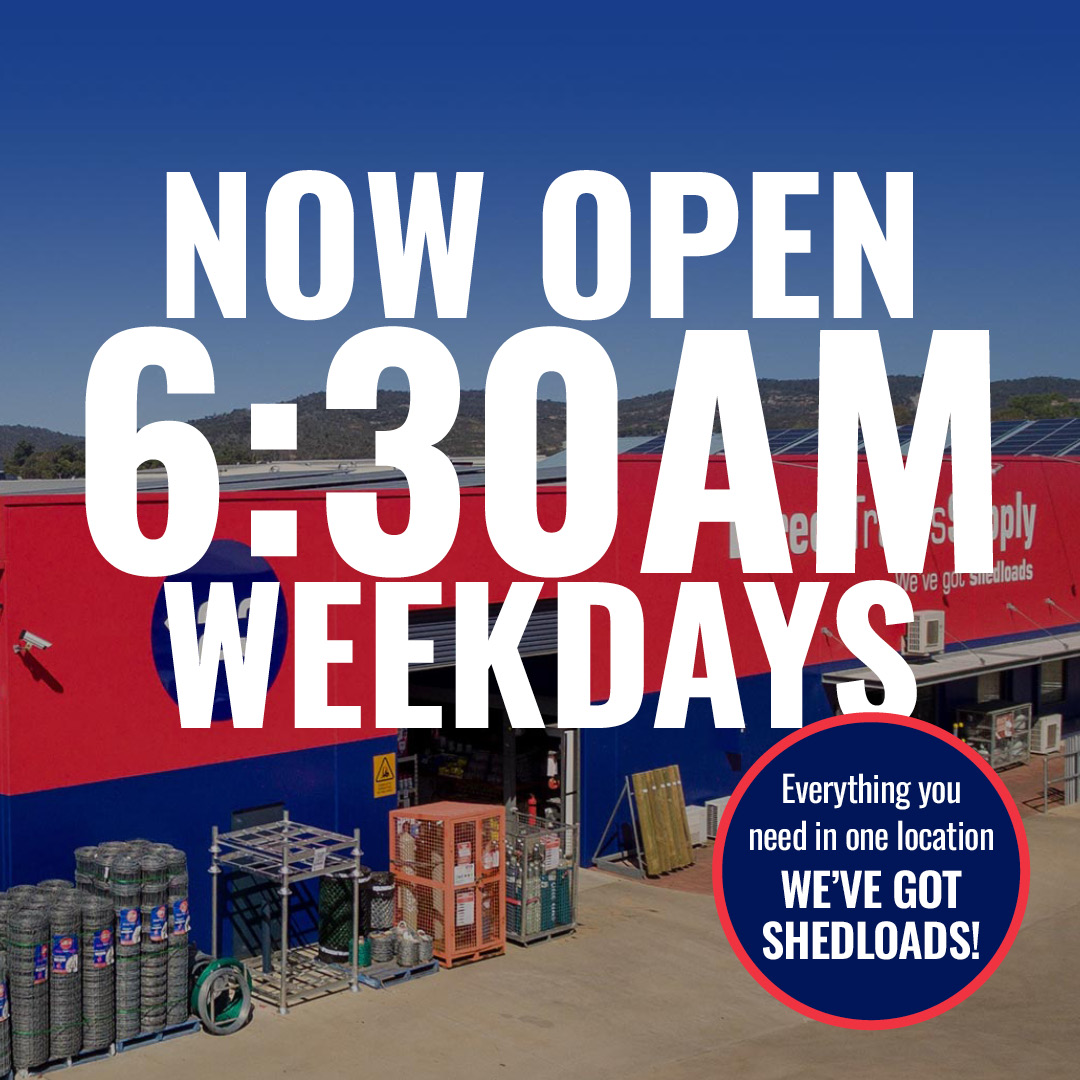WANT A GREAT DEAL?
Add products & we'll be in touch soon!
Come instore and check out our massive range!
Tools, Machinery & Supports
Industrial Tools, Machinery & Site Supports for Construction and Trade
At Direct Trades Supply, we offer a comprehensive range of industrial tool and machinery solutions tailored to meet the demands of builders, contractors, and trades across Western Australia. From site preparation to finishing, our reliable equipment helps you work safely, efficiently, and with precision.
Our Tools category includes durable hand tools, electric & battery power tools, and leveling devices for everyday construction tasks. Under Machinery, we stock industry-trusted equipment such as air compressors, brick saws, cement mixers, compactors, concrete vibrators, drive units, floor saws, generators, and pressure washers-ideal for heavy-duty use in demanding environments.
We also offer a full range of Supports, including ladders, lifting equipment, materials handling gear, rigging accessories, and rope to keep your site productive and compliant.
Browse our range of Tools and Machinery or Contact Us to get a Quote today.
Tools
Tools
-
Tools - Hand Tools
-
Tools - Electric Power Tools
-
Tools - Battery Power Tools
-
Tools - Leveling Devices
-
Tools - Powertool Accessories
-
Tools - Other Tools
Machinery
Machinery
-
Machinery - Air Compressors
-
Machinery - Brick Saws
-
Machinery - Cement Mixers
-
Machinery - Compactors
-
Machinery - Concrete Vibrators
-
Machinery - Drive Units
-
Machinery - Floor Saws
-
Machinery - Generators
-
Machinery - Pressure Washers
-
Machinery - Trash Pumps
-
Machinery - Trenching Machines
-
Machinery - Trowelling Machines
-
Machinery - Other Machinery
Supports
Supports
-
Supports - Ladders
-
Supports - Lifting
-
Supports - Materials Handling
-
Supports - Rigging
-
Supports - Rope
-
Supports - Tie Downs
-
Supports - Other Supports
Air Compressors
Brick Saws
Cement Mixers
Floor Saws
Generators
Pressure Washers
Pressure Washers
Trenching Machines
Trowelling Machines

Company
123 Kelvin Road
Maddington WA 6109
P: 1300 123 387 (DTS)
E: [email protected]
Opening Hours
6:30 AM - 5:00 PM Mon-Fri
7:30 AM - 12:00 PM Sat
Closed Public Holidays

